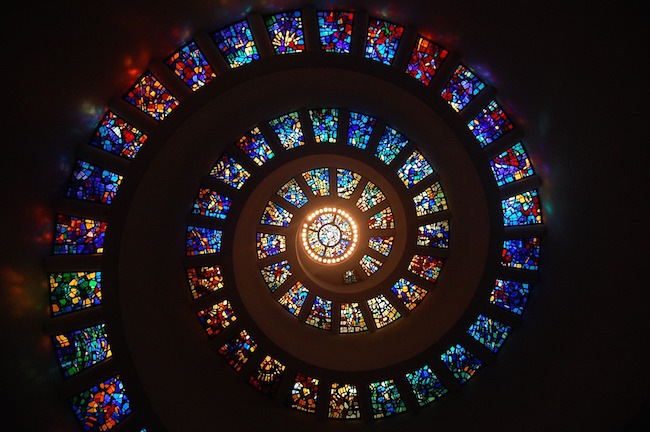Most US adults say church buildings are ‘transcendent’ spaces but majority don’t visit regularly By Leonardo Blair, Senior Features Reporter for Christian Post
GNN Note – The church we attend is growing by significant numbers each month. / END
While most U.S. adults view church buildings as transcendent spaces where they can experience a sense of peace and a connectedness to the divine, the majority, including self-identified Christians, do not regularly visit a space they consider transcendent, new research shows.
An online quantitative survey of 2,000 U.S. adults, conducted from Feb. 28 to March 9, was published by The Barna Group in a new report called “Making Space for Inspiration,” part of a three-part series in partnership with Aspen Group. The study explores how church leaders can better connect with people through more intentional design of their physical meeting spaces.
According to the report, 55% of U.S. adults reported that they do not regularly visit a space they consider “transcendent.” The study defines transcendent spaces as “a physical place that brings you closer to experiencing connection with something beyond the physical world.”
Only 37% of self-identified Christians said they regularly visit transcendent spaces, but 89% of practicing Christians surveyed reported Christian churches as being transcendent. By comparison, 62% of adults in the general population said the same.
A higher number of respondents agreed that nature is more transcendent than church buildings. Seventy percent of U.S. adult respondents reported nature as a transcendent space, while 74% of practicing Christians agreed.
Practicing Christians (66%) are more likely than all U.S. adults (51%) to believe that spaces in their homes can be transcendent.
When asked what makes space “transcendent,” more than half (51%) of respondents said a “sense of peace or calm.” The data also suggests that no population demographic — including practicing Christians (43%) — says “an awareness of a greater power” is what makes a place transcendent.




